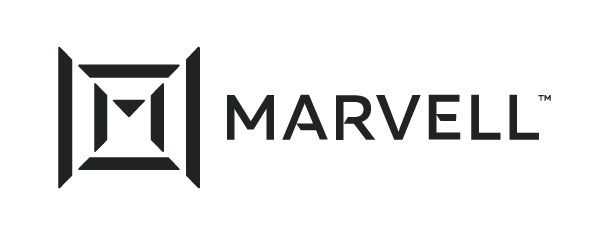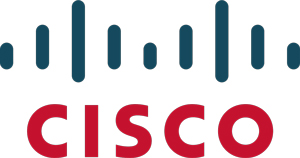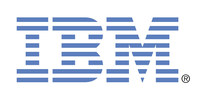Fibre Channel proves it offers superior value and consistently demonstrates why it’s the purpose-built storage solution you can trust. Look no further than Symantec for a prime example.
Symantec specializes in information protection and operates a network that spans scores of secure, interconnected data centers across five continents with petabytes of data. This network is where security, backup and availability solutions are developed that their customers rely on.
Symantec SAN Responsibilities
As part of its modern storage challenges, Symantec’s IT infrastructure needs to ensure that business-critical data is available to all Symantec employees when it’s needed. As Symantec expands, the storage infrastructure needs to adapt to their growth. The Symantec SAN must also support file sharing, database and online transaction processing applications.
The Need for a Purpose-Built SAN Solution
Symantec’s executives began to look for a more reliable and scalable storage solution to meet their requirements. After unsuccessfully implementing Ethernet-based storage solutions, Symantec decided to increase their reliance on Fibre Channel and provisioned it across critical data paths. The new Fibre Channel SAN has since allowed Symantec to realize increased system utilization, higher availability, improved efficiencies, and enabled them to capitalize on the latest advancements in Flash storage.
“Fibre Channel has a great record from an availability and reliability standpoint, and it allows us to scale on demand as our business grows,” said Kevin Tan, Symantec Infrastructure Architect. “On-time, on-target and on-budget–Fibre Channel helps us maintain all three of these business requirements.”
Business Results
Leveraging Fibre Channel features like deterministic bandwidth provisioning and NPIV (N_Port ID Virtualization) to segregate multiple fabrics, Symantec is now assured that end-user data is secure and available. Fibre Channel also allows Symantec to accommodate different service requirements between multiple groups while preventing I/O floods.
With Fibre Channel, Symantec’s IT department can now capitalize on virtualization–which has increased system utilization, improved efficiencies, and enabled Symantec to take full advantage of SSDs. Symantec is also now able to further virtualize connectivity, improving server-to-storage attach rates from 1:10 to 1:15 and securing data flows through NPIV segregation.
Symantec’s SSDs also now operate at optimal performance. Fibre Channel’s integrated diagnostics, monitoring and simplified management functionality has enabled seamless and progressive expansion along with an increased resiliency.
The advantages Symantec realized by deploying Fibre Channel are:
Consistent Reliability: Fibre channel’s credit-based flow control allows for consistent delivery without dropped frames or lost data and deterministic performance. Business-critical data is highly available to employees when it’s needed around the clock.
Scalable to Accommodate Growth: Symantec is adopting next-gen technologies such as expanding virtual machine deployments and migrating to Flash based storage. Fibre Channel has proven it can easily scale up and down and is designed with generational feature enhancements that unleash the full potential of evolving technologies.
Secure: Hosting pertinent data on Fibre Channel reduces Symantec’s vulnerability from outside attacks since it is a segregated network isolated from Ethernet. The use of NPIV insures segregation of internal data deposit and accommodates for different service requirements between groups.
In considering the benefits above, one begins to understand why Symantec trusts Fibre Channel for their critical storage needs. For a complete case study on Symantec, please visit the interactive FCIA Knowledge Vault, which is also contains a 16G Fibre Channel Deployment guide that will help you deliver greater business value though your IT infrastructure.









Leave A Comment
You must be logged in to post a comment.